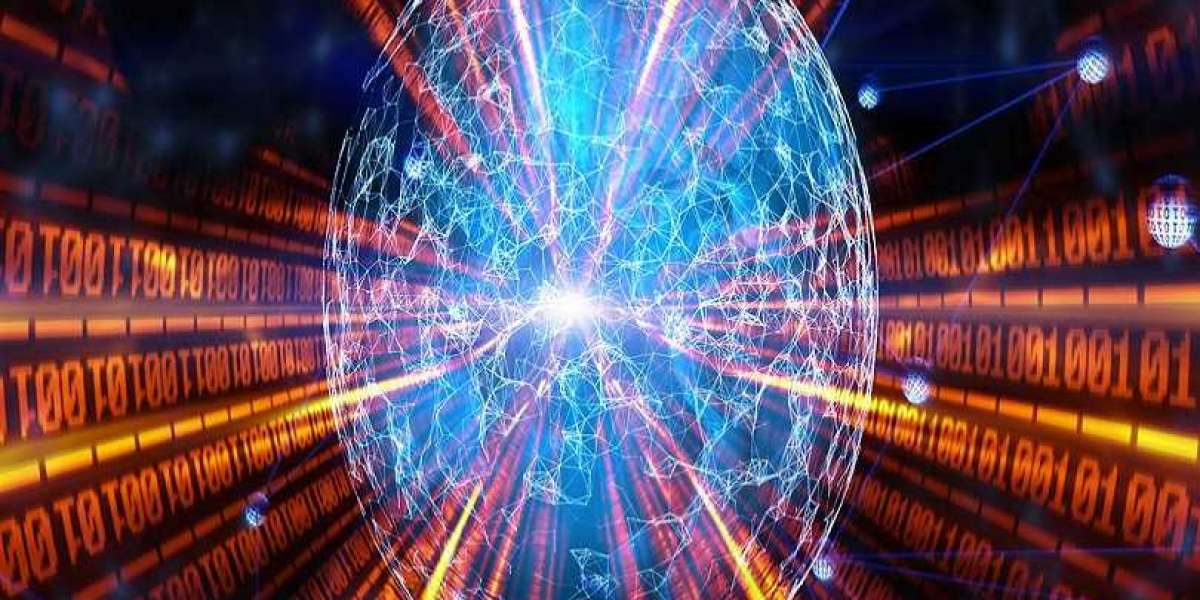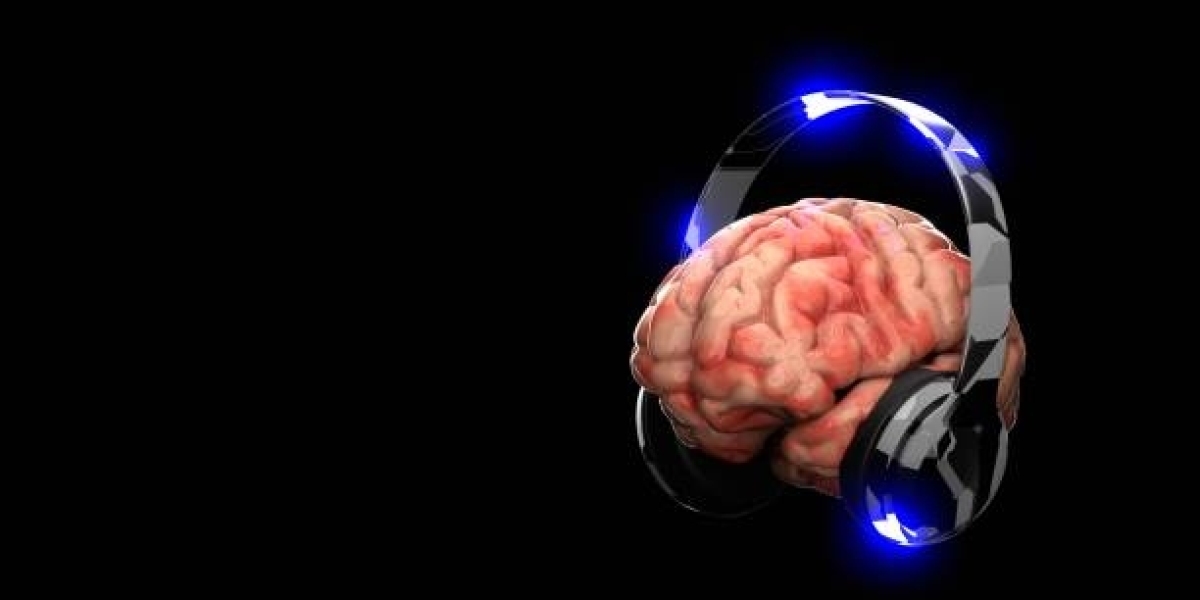Quantum technology has found applications in a wide array of fields ranging from artificial intelligence (AI) and cryptography, and it is laying the foundations for a future in which it will have full control over everything related to computing.
While some skeptics can regard quantum technology as mere work of science fiction, evidence that the tech, if applied correctly, can offer unfathomable solutions to some complex problems of human existence.
We cannot go into too much depth about quantum mechanics and sum the topic in about 800 words. It is simply not possible. It will even not be possible if I write a chapter based on that as it might just cover the basics, to say the least. Now, in layman's terms, you can understand quantum technology as a field of tech in which the principles and laws of quantum mechanics are applied to create a system whose computational capabilities far exceed what a modern-day traditional supercomputer can do. If you don't know anything about quantum mechanics, you cannot be blamed for a long time. Even the researchers who study do sometimes find themselves baffled by it. Anyways, there is plenty that scientists do know about quantum mechanics, and you have a lot to catch on to. For now, you can know that it is the domain of physics,
Now, the work that has been put on quantum technology dates back at least four decades, and everything was started in the year 1981. The fundamentals of the research were conjured during that time courtesy of a three-day talk even organized at the Conference Center of MIT is located in Boston. The discussion meeting was organized under the sponsorship between MIT (acronym Massachusetts Institute of Technology) and IBM.
Now, all good, but you may ask the question of how quantum technology can leapfrog what some of our quantum technology can do? Well, for the first, we should comprehend the fact that all the computing devices that we use today are all based on classical computation theories. Classical computation is deeply entrenched in the fundamentals of everything we use in the contemporary world, no matter how sophisticated the device is. The classical computational theory is the basic block of all the useful devices such as laptops, Windows PC, Android, and Apple's iPhone models.
Now, you may ask what do we mean by classical computational theory? Well, it is based on general binary numbers, ie, deterministic known states of 0 and 1. However, the fundamental demerit of this classical computation is the fact that its basis is very old and has been defined by the works of Sir Isaac Newton, and the whole theory collapses to nothing if we go small and study subatomic particles. At the subatomic level of the world, there are not just two different states similar to the fact that we can simultaneously figure out the position and velocity of an electron. The world of subatomic particles, and in turn of quantum mechanics is deeply rooted in uncertainty. Hence, we would have to drop our notion of deterministic bits and introduce something called qubits.
Now, theories aside, there is a valid point in saying that quantum technology is still in its infancy and is nowhere at the stage where it can be put to use to benefit mankind. However, if researchers and scientists complete their research and can conjure up efficient and workable machinery based on quantum technology, then it will revolutionize everything we know of information transmission. The theory is a game-changer if completed comprehensively, and it will vastly speed up the computation methods as we know them. It will have a wide range of applications, especially in research and other fields, in a manner which we cannot even fathom yet. However, one of the fields proposed by quantum technology researchers has proposed that cryptography will be one of the primary fields to benefit from a workable quantum technology model. It has been theorized that quantum computers would find solutions to complex encryption code much faster than a traditional computing system and in a way where it would seem like a child's play. It has also been put forward that quantum computers would even solve those encryption codes, which are incomprehensible to traditional computers.
Quantum computers would even benefit macrophysics and, in the particular general theory of relativity especially figuring out the genesis of the big bang and how macrophysics and microphysics bend together to form a singular law of physics.
Other advantages of quantum computers involve machine learning and artificial intelligence as technology would rapidly accelerate the research work and can advance the world in a way that cannot be imagined yet. However, to manifest the quantum computer in a way where it can impact fields like cryptography, much more extensive research needs to be done in quantum physics.









